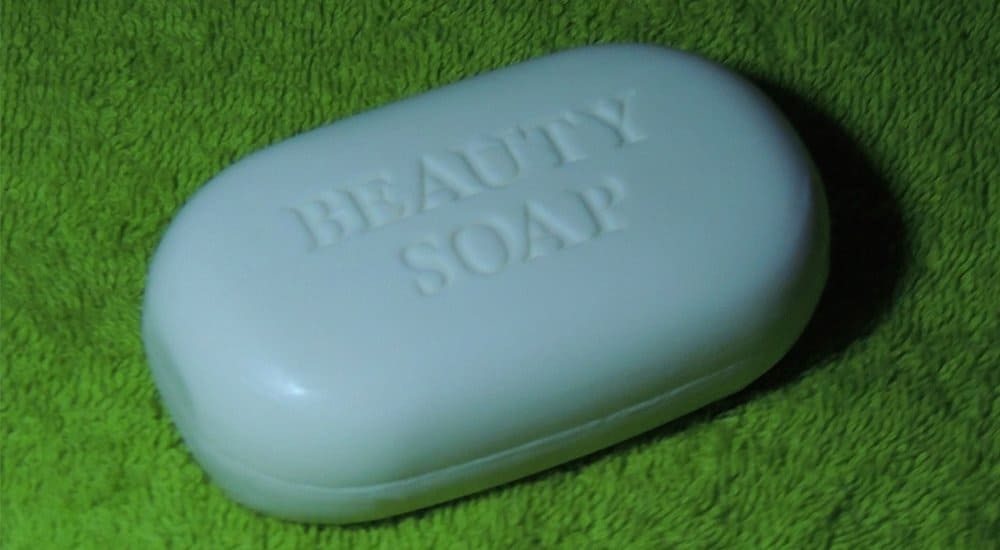
Antibacterial Soap Revealed To Have No Effect On Germs
Washing hands after dealing with a mess is as natural a process as breathing. When it happens, it’s done without thinking; the only thing worth considering is how much soap is left, if any. But according to recent studies, maybe that’s where we’ve gone wrong. As it so happens, soap has gotten a free ride for ages.
That’s the case with antibacterial soap, at least — which isn’t nearly as effective as its name implies. It’s a component in liquid soap called triclosan — or triclocarban in solid soap — that supposedly gets rid of bacteria on a washer’s behalf. But tests run in Korea proved almost the exact opposite; whether it was on human hands or in test tubes under optimal conditions, bacteria made it out fine. Under normal circumstances, antibacterial soap is no different from regular soap.
To be fair, triclosan and triclocarban can actually get rid of bacteria with extreme efficiency, but not with the average wash. The process is much too slow to be practical; unless the average Joe felt like washing his hands for at least nine hours, then there’s no real difference between one type of soap and the other. That doesn’t mean it’s best to stop washing hands entirely, of course. It only means that right now, any type of soap will do.



